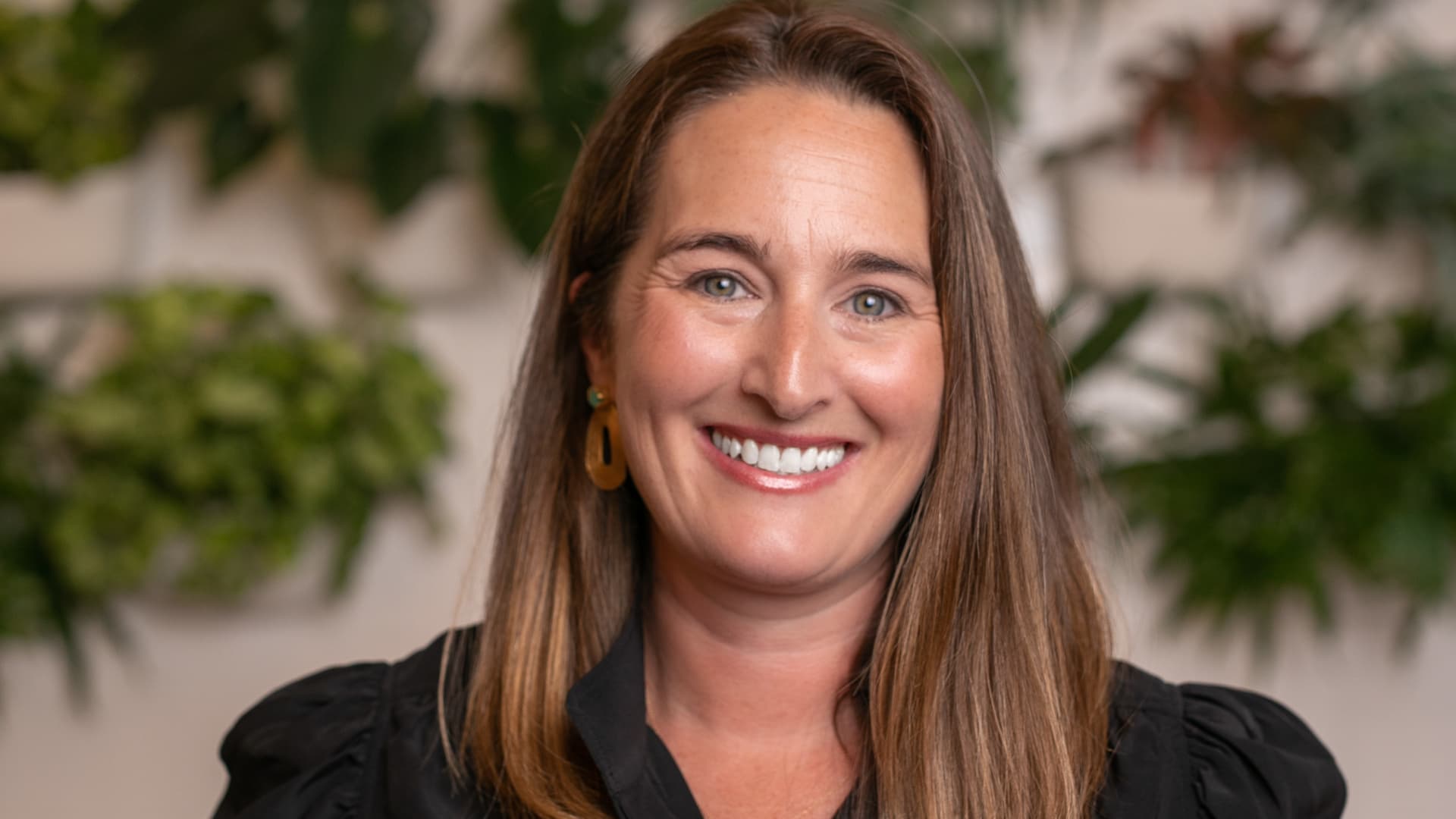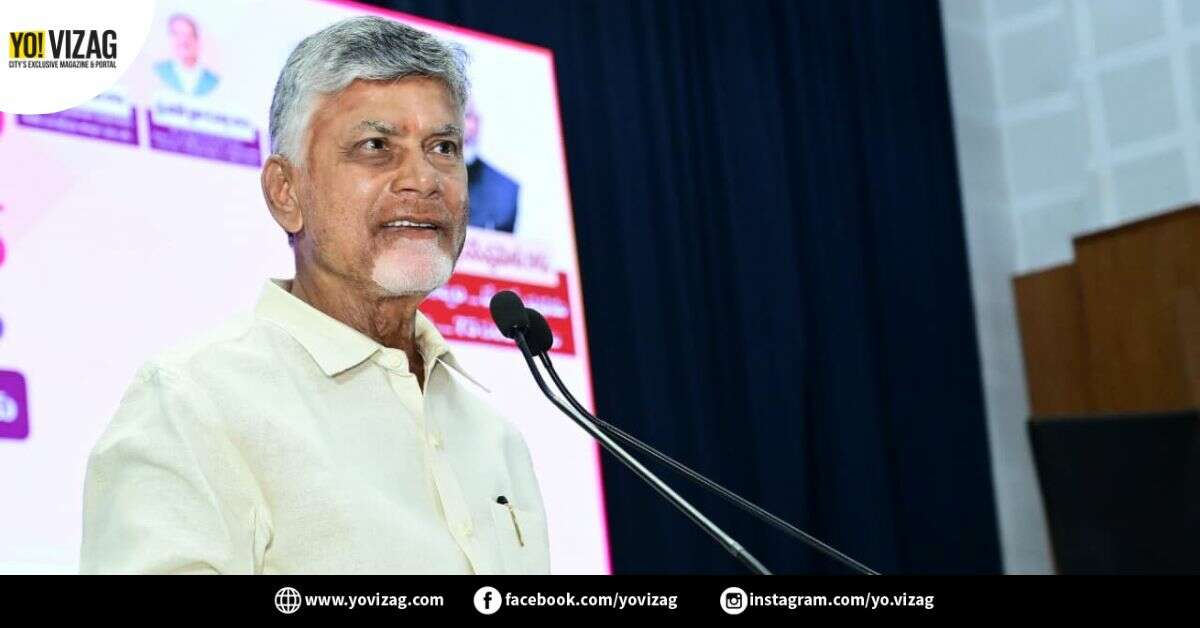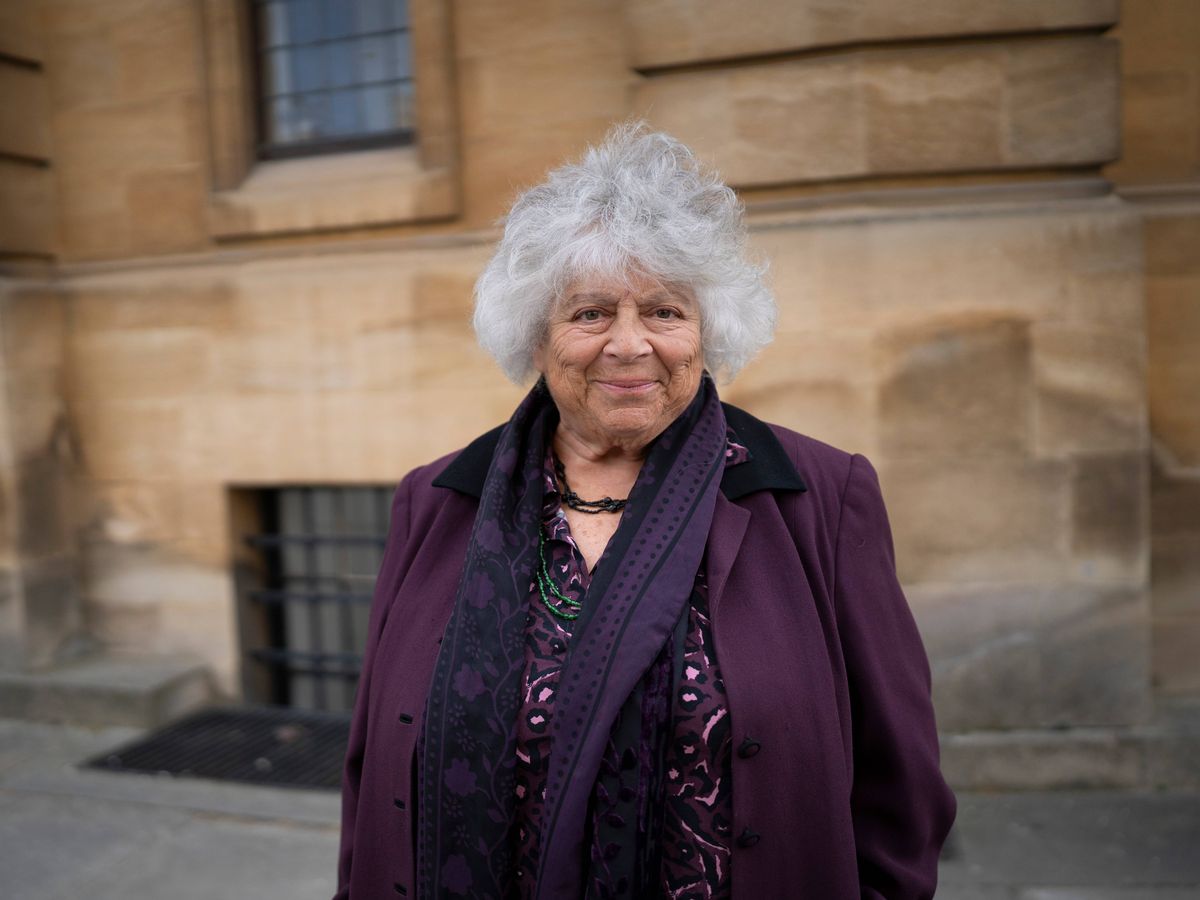
Despite the prevalence of cervical cancer diagnoses and deaths in the United States, data shows that screening for the cancer is on a consistent decline.
Each year in the U.S., around 4,000 women die from cervical cancer, and about 13,000 are diagnosed with the disease, according to the Centers for Disease Control and Prevention.
The most effective way to prevent cervical cancer is receiving the HPV vaccine, which offers protection against the HPV types that most frequently cause it, the CDC states. It’s also important for women to get screened for the disease.
One common test for cervical cancer detection is a Pap smear, which doctors recommend once every three years for women between the ages of 21 and 65. Women ages 30 to 65 can also receive an HPV test and a Pap test every five years, or get tested for HPV alone every five years.
But, a recent report from the American Cancer Society shows that the rate of cervical cancer screenings fell during the Covid-19 pandemic, and haven’t recovered.
Kara Egan, a health tech investor, saw a need for making Pap smears more accessible. She co-founded Teal Health, a healthcare company that created the Teal Wand, the first FDA-approved cervical screening test that can be done at home.
“What drove me to start Teal is just that women deserve better healthcare,” says Egan, who is also the company’s CEO.
“And what does better look like? It looks like listening to a woman and seeing what she needs.”
‘Even if the visit’s free, you had to leave work, you had to get childcare’
For Egan and her team, accessibility was a huge focus when creating the concept for the Teal Wand.
“It’s like, ‘What are all of the touch points that we can do to make something easier for a woman, but to also build that trust with her, that she matters and that we care?” Egan tells CNBC Make It.
“I think a lot of them can be done in ways that you wouldn’t expect or that healthcare doesn’t do.”
Before receiving a Teal Wand, customers must go through the screening process with a doctor who helps them determine their eligibility based on their insurance coverage, and teaches them how to properly use the wand to get an accurate sample.
“We’re doing the exact same test that’s used in the doctor’s office with the same accuracy, that’s what our clinical trials show, but just you’re collecting the sample at home,” Egan explains.
Once the sample is collected and tested, the results are shared via the company’s online portal, and patients can connect to a medical provider via a tele-health visit to talk through next steps if a follow-up is needed.
What’s unique about the process is that everything, from the screening process to the collection and receiving results is done from home. Egan says, that is by design, to make the process easier for people who struggle to get to in-person doctor’s visits.
“Cost is important, and it’s critically important to us, [but] that’s not the main barrier a lot of times for people,” she says.
“There’s also the cost of going into the doctor’s office. Even if the visit’s free, you had to leave work, you had to get childcare, you had to [find] transportation.”
‘Over 50% of women getting screened with Teal have been behind on their screening’
The Teal Wand is now available in California, New York and Florida. Teal Health is in network with Cigna, Blue Cross Blue Shield, Aetna, Anthem Blue Cross and United Healthcare.
“We’re able to take [care of] the telehealth portion, and then a woman pays $99. But we are working with insurers to get the full thing covered,” Egan says.
“Even with a $99 charge, we’re seeing over 50% of women who are getting screened with Teal have been behind on their screening, and 20% of them had never been screened before, and were well within screening age.”
The driving factor for founding Teal Health for Egan and her team was to spread awareness of the importance of cervical cancer screening, and to offer a new option for testing, Egan notes.
“Cervical cancer is entirely preventable if you get screened,” she says. “There are new ways to do it. One is in the office and one is at home, but they’re highly accurate, and you should be doing it.”
Last chance to save: Want to be your own boss? Final days to get 30% off Smarter by CNBC Make It’s new online course, How To Start A Business: For First-Time Founders. Find step-by-step guidance for launching your first business, from testing your idea to growing your revenue. Use coupon code EARLYBIRD for an introductory discount from September 16 through September 30, 2025.
Plus, sign up for CNBC Make It’s newsletter to get tips and tricks for success at work, with money and in life, and request to join our exclusive community on LinkedIn to connect with experts and peers.



